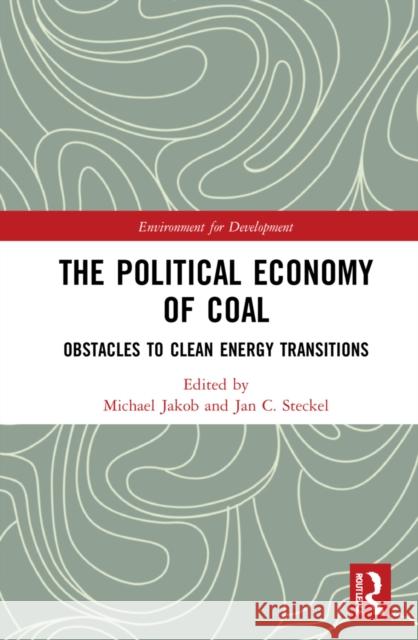The Political Economy of Coal: Obstacles to Clean Energy Transitions » książka
topmenu
The Political Economy of Coal: Obstacles to Clean Energy Transitions
ISBN-13: 9780367491024 / Angielski / Twarda / 2022 / 340 str.
The Political Economy of Coal: Obstacles to Clean Energy Transitions
ISBN-13: 9780367491024 / Angielski / Twarda / 2022 / 340 str.
cena 747,55
(netto: 711,95 VAT: 5%)
Najniższa cena z 30 dni: 680,04
(netto: 711,95 VAT: 5%)
Najniższa cena z 30 dni: 680,04
Termin realizacji zamówienia:
ok. 30 dni roboczych.
ok. 30 dni roboczych.
Darmowa dostawa!
This volume provides an overview of the political economy of coal in diverse country contexts.











